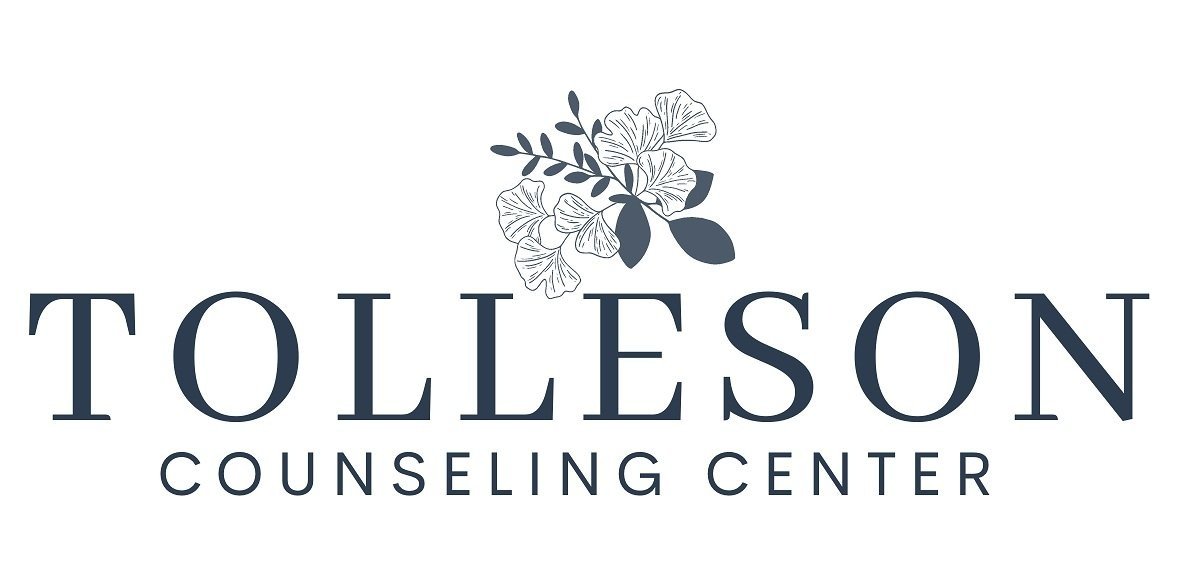Job Stress and Burnout
Job burnout and stress are two of the most prevalent issues in today's fast-paced work environment. While work is a crucial part of our daily lives, excessive stress and burnout can be detrimental to our mental and physical health, as well as job performance and overall well-being. Therefore, it is important to recognize the signs of burnout and stress and take action to address them.
Signs of Burnout:
Emotional exhaustion: feeling drained and overwhelmed, lacking motivation, and feeling detached from work and colleagues.
Cynicism and detachment: becoming cynical, indifferent, and detached from work and colleagues.
Reduced effectiveness: feeling like you're not making a difference, feeling unproductive and disengaged.
Physical symptoms: experiencing physical symptoms such as headaches, stomach aches, and trouble sleeping.
Stress, on the other hand, is a natural response to challenging situations, and it can be positive or negative. Positive stress can help individuals focus, feel motivated, and be productive, while negative stress can lead to exhaustion and burnout.
Signs of Stress:
Feeling anxious, worried or overwhelmed
Irritability or agitation
Difficulty concentrating
Fatigue or low energy levels
Muscle tension or headaches
Sleep disturbances
Changes in appetite or weight
The causes of job burnout and stress vary from person to person, but some common factors include long working hours, heavy workload, inadequate resources, lack of control over one's work, poor relationships with colleagues or superiors, and insufficient compensation or recognition for one's efforts.
To effectively deal with job burnout and stress, individuals must recognize the signs early on and take appropriate measures. Some practical ways to manage job burnout and stress include:
Prioritize self-care: Taking care of one's physical and mental health is crucial in managing job burnout and stress. This can include getting enough sleep, eating a healthy diet, and exercising regularly.
Set boundaries: Setting clear boundaries between work and personal life is essential in preventing burnout. Individuals must set realistic goals and avoid overcommitting themselves.
Seek support: Talking to a trusted friend or colleague, or seeking professional help, can be an effective way to manage stress and burnout.
Take breaks: Taking regular breaks throughout the workday can help individuals recharge and stay focused.
Learn to say no: Individuals must learn to say no to tasks that do not align with their priorities or skills to avoid taking on too much work.
Job burnout and stress are prevalent issues that can have significant impacts on individuals' mental and physical health. By recognizing the signs of burnout and stress early on and taking appropriate measures, individuals can effectively manage these issues and maintain a healthy work-life balance. Prioritizing self-care, setting boundaries, seeking support, taking breaks, and learning to say no are all practical ways to manage job burnout and stress.

